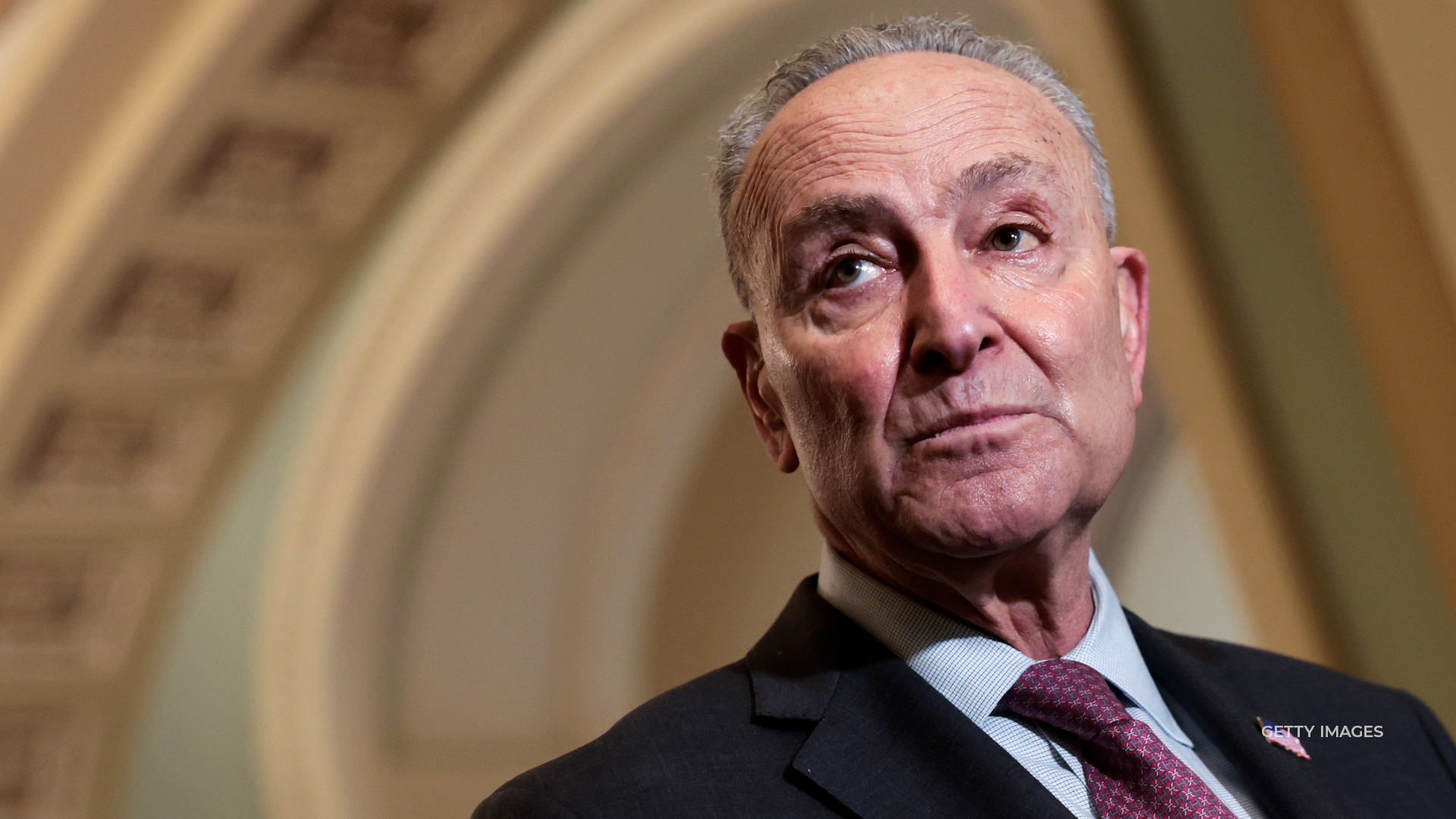
Congress has just ten days left to fund the government and avoid a shutdown. Senators Schumer and McConnell have agreed to work toward a year long omnibus spending bill, but they have not agreed on the overall price tag. They may have to pass a short term resolution to keep the government open and give themselves more time to negotiate.
Schumer “We hope it can be done this year. And each side is going to have to give in order to send an omnibus to the President’s desk and avert a pointless, painful government shutdown.”
Congress is also working to approve the National Defense Authorization Act which funds the military. Republicans are expressing frustration with the NDAA negotiations. They say Democrats are trying to add in measures that are unrelated to defense, like a bill to allow media companies to negotiate with social media platforms over fees for their content, and a bill to allow marijuana distributors to use the federal banking system.
Ernst: “They are trying to throw unrelated liberal priorities onto the National Defense Authorization Act, literally holding our men and women in uniform hostage over their priorities.”
The Covid Vaccine requirement for active duty troops remains a sticking point. The House agreed to remove the requirement, but Schumer says they are still working on it in the Senate. Straight from DC, I’m Ray Bogan.










